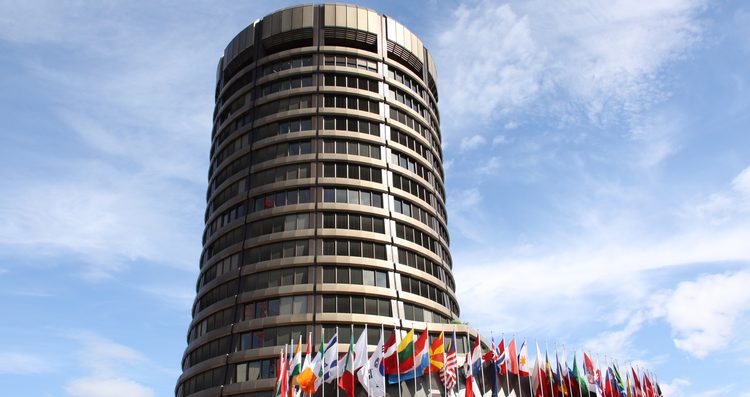The Financial Conduct Authority (FCA) has today fined Commerzbank AG (London Branch) £37,805,400 for failing to put adequate anti-money laundering (AML) systems and controls in place between October 2012 and September 2017. Commerzbank London was aware of these weaknesses and failed to take reasonable and effective steps to fix them despite the FCA raising specific concerns about them in 2012, 2015 and 2017. These weaknesses also persisted during a period when the FCA was publishing guidance on steps firms could take to reduce financial crime risk as well as taking enforcement action against a number of firms in relation to AML controls. Despite these clear warnings, the failures continued. Continue reading…
The message is clear: organisations must be held accountable for their social and environmental footprint. Therefore, it’s inevitable that speaking up becomes the next social…
Download whitepaper










